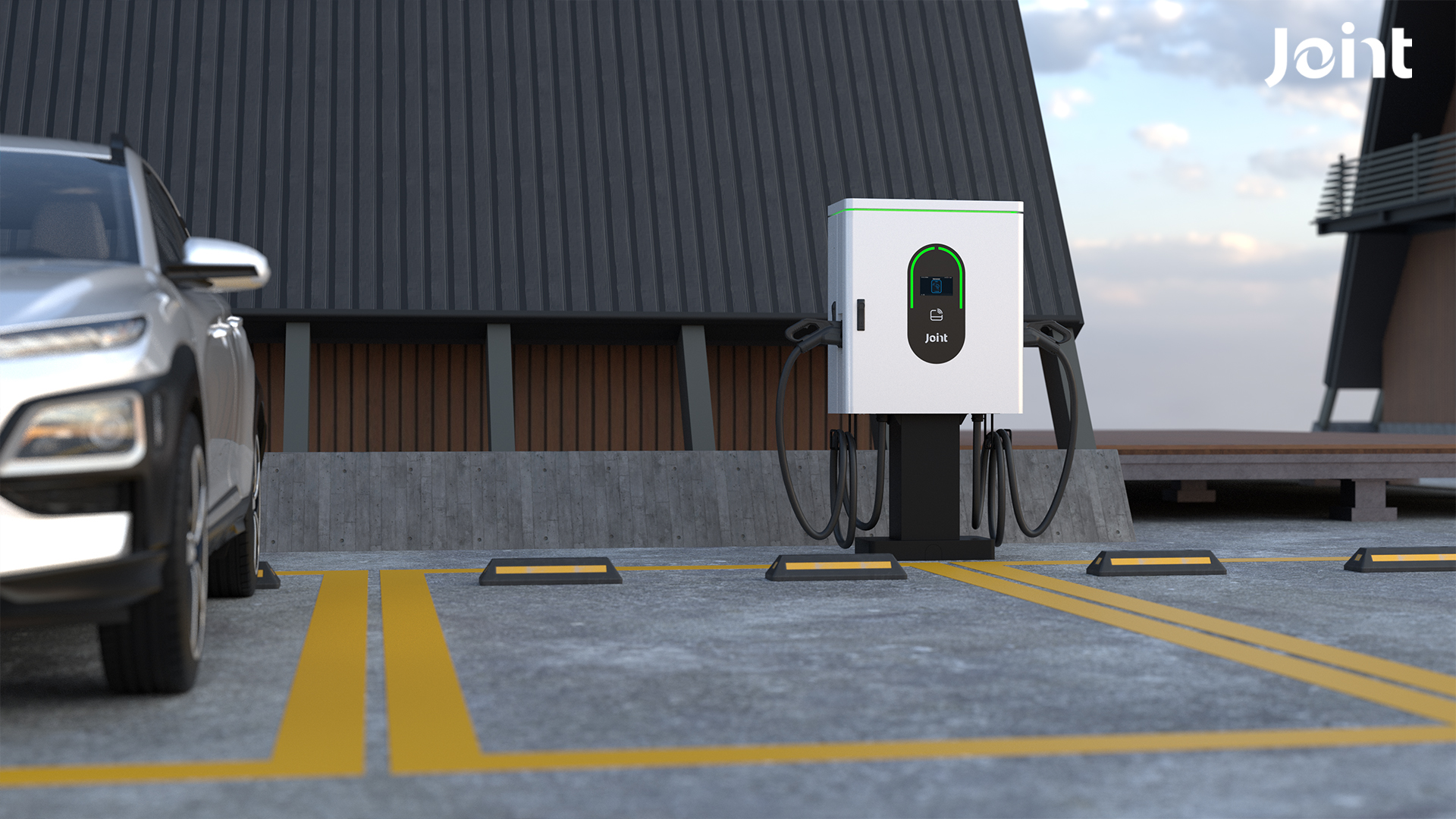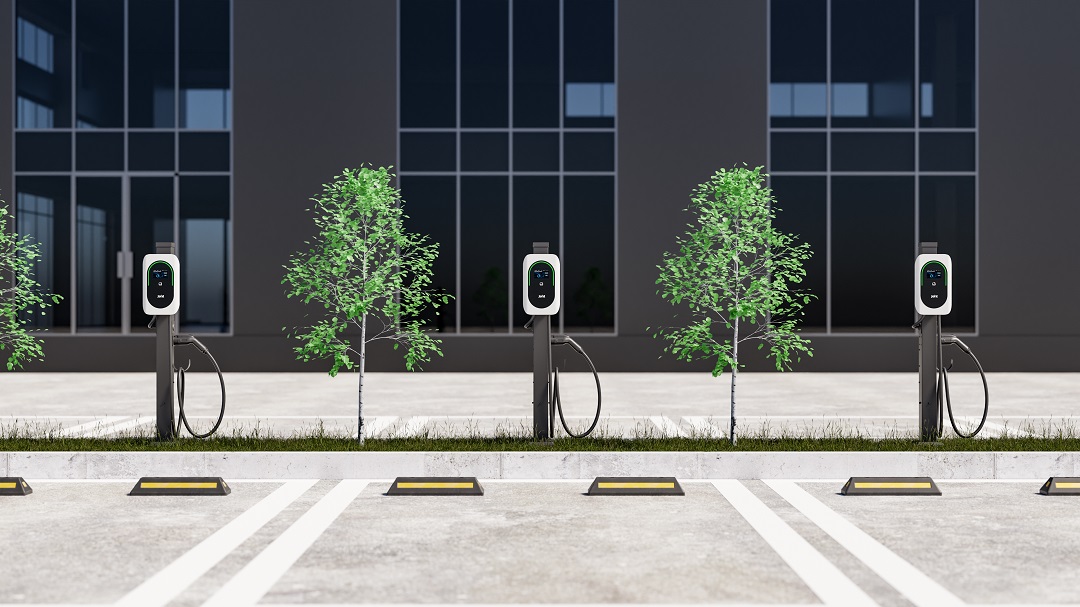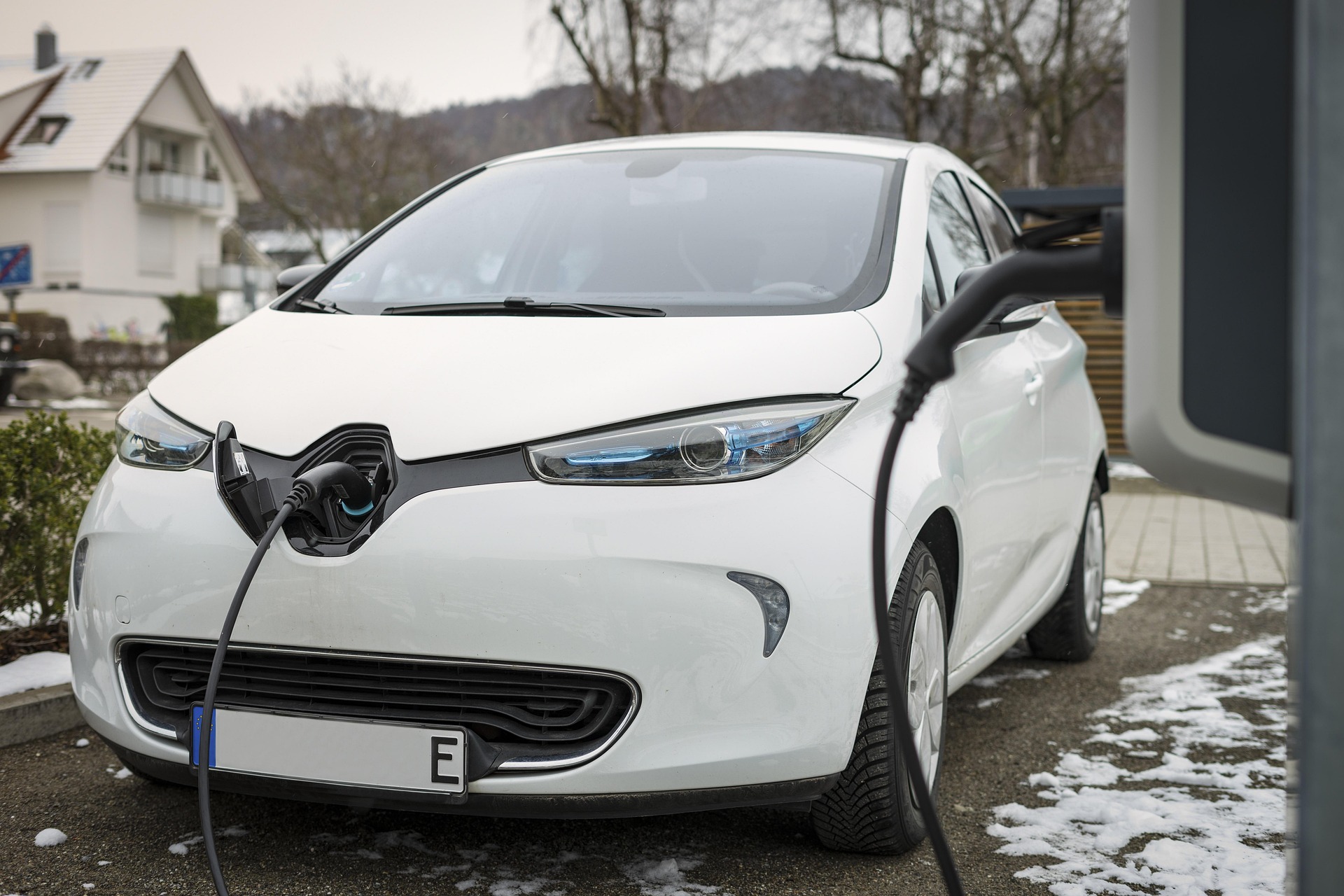
Hydrogen Cars vs. EVs: Which One Wins the Future?
The global push towards sustainable transport has sparked fierce competition between two leading contenders: hydrogen fuel cell vehicles (FCEVs) and battery electric vehicles (BEVs). While both technologies offer a path to a cleaner future, they take fundamentally different approaches to energy storage and use. Understanding their strengths, weaknesses and long-term potential is crucial as the world transitions away from fossil fuels.
The Basics of Hydrogen Cars
How Hydrogen Fuel Cell Vehicles (FCEVs) Work
Hydrogen is often touted as the fuel of the future because it is the most abundant element in the universe. When it comes from green hydrogen (produced by electrolysis using renewable energy), it provides a carbon-free energy cycle. However, most of today's hydrogen comes from natural gas, raising concerns about carbon emissions.
The Role of Hydrogen in Clean Energy
Hydrogen is often touted as the fuel of the future because it is the most abundant element in the universe. When it comes from green hydrogen (produced by electrolysis using renewable energy), it provides a carbon-free energy cycle. However, most of today's hydrogen comes from natural gas, raising concerns about carbon emissions.
Key Players in the Hydrogen Car Market
Automakers such as Toyota (Mirai), Hyundai (Nexo) and Honda (Clarity Fuel Cell) have invested in hydrogen technology. Countries such as Japan, Germany and South Korea actively promote hydrogen infrastructure to support these vehicles.
The Basics of Electric Vehicles (EVs)
How Battery Electric Vehicles (BEVs) Function
BEVs rely on lithium-ion battery packs to store and deliver electricity to the engine. Unlike FCEVs, which convert hydrogen into electricity on demand, BEVs need to be connected to a power source to recharge.
The Evolution of EV technology
Early electric vehicles had limited range and long charging times. However, advances in battery density, regenerative braking and fast-charging networks have greatly improved their viability.
Leading Automakers Driving EV Innovation
Companies such as Tesla, Rivian, Lucid and legacy automakers such as Volkswagen, Ford and GM have invested heavily in EVs. Government incentives and stringent emissions regulations have accelerated the shift to electrification worldwide.
Performance and Driving Experience
Acceleration and Power: Hydrogen vs. EV Motors
Both technologies offer instant torque, providing a smooth and rapid acceleration experience. However, BEVs generally have better energy efficiency, with vehicles such as the Tesla Model S Plaid outperforming most hydrogen-powered cars in acceleration tests.
Refuelling vs. Charging: Which Is More Convenient?
Hydrogen cars can be refuelled in 5-10 minutes, similar to petrol cars. In contrast, EVs need anywhere from 20 minutes (fast charging) to several hours to be fully charged. However, hydrogen refuelling stations are scarce, while EV charging networks are expanding rapidly.
Driving Range: How Do They Compare on Long Trips?
FCEVs typically have a longer range (300-400 miles) than most EVs due to the high energy density of hydrogen. However, improvements in battery technology, such as solid-state batteries, are closing the gap.
Infrastructure Challenges
Hydrogen refuelling stations vs. EV charging networks
The lack of hydrogen refuelling stations is a major hurdle. At present, EV refuelling stations far outnumber hydrogen refuelling stations, making BEVs more practical for most consumers.
Expansion Hurdles: Which Technology Is Growing Faster?
While EV infrastructure is expanding rapidly due to strong investment, hydrogen refuelling stations require high capital costs and regulatory approvals, slowing adoption.
Government Support and Funding for Infrastructure
Governments around the world are investing billions in EV charging networks. Some countries, notably Japan and South Korea, are also heavily subsidising hydrogen development, but in most regions, EV funding outweighs hydrogen investment.

Environmental Impact and Sustainability
Emissions comparison: Which is truly zero-emission?
Both BEVs and FCEVs produce zero tailpipe emissions, but the production process matters. BEVs are only as clean as their energy source, and hydrogen production often involves fossil fuels.
Hydrogen Production Challenges: Is It Clean?
Most hydrogen is still produced from natural gas (grey hydrogen), which emits CO2. Green hydrogen, produced from renewable energy sources, remains expensive and represents only a small fraction of total hydrogen production.
Battery Manufacturing and Disposal: Environmental Concerns
BEVs face challenges related to lithium mining, battery production and disposal. Recycling technology is improving, but battery waste remains a concern for long-term sustainability.
Cost and Affordability
Initial costs: Which is more expensive?
FCEVs tend to have higher production costs, making them more expensive upfront. Meanwhile, battery costs are falling, making EVs more affordable.
Maintenance and Long-Term Ownership Costs
Hydrogen cars have fewer moving parts than internal combustion engines, but their refuelling infrastructure is expensive. EVs have lower maintenance costs because electric powertrains require less maintenance.
Future Cost Trends: Will Hydrogen Cars Become Cheaper?
As battery technology advances, EVs will become cheaper. Hydrogen production costs will need to fall significantly to be price-competitive.
Energy Efficiency: Which One Waste Less?
Hydrogen Fuel Cells vs. Battery Efficiency
BEVs have an efficiency of 80-90%, while hydrogen fuel cells convert only 30-40% of the input energy into usable power due to energy losses in hydrogen production and conversion.
| Aspect | Electric Vehicles (BEVs) | Hydrogen Fuel Cells (FCEVs) |
| Energy Efficiency | 80-90% | 30-40% |
| Energy Conversion Loss | Minimal | Significant losses during hydrogen production and conversion |
| Power Source | Direct electricity stored in batteries | Hydrogen produced and converted into electricity |
| Fueling Efficiency | High, with minimal conversion loss | Low due to energy loss in hydrogen production, transport, and conversion |
| Overall Efficiency | More efficient overall | Less efficient due to multi-step conversion process |
The Energy Conversion Process: Which Is More Sustainable?
Hydrogen goes through several conversion steps, resulting in higher energy losses. Direct storage in batteries is inherently more efficient.
The Role of Renewable Energy in Both Technologies
Both hydrogen and EVs can use solar and wind energy. However, BEVs can be more easily integrated into renewable grids, while hydrogen requires additional processing.

Market Adoption and Consumer Trends
Current Adoption Rates of Hydrogen Cars vs. EVs
EVs have seen explosive growth, while hydrogen cars remain a niche market due to limited availability and infrastructure.
| Aspect | Electric Vehicles (EVs) | Hydrogen Cars (FCEVs) |
| Adoption Rate | Rapidly growing with millions on the road | Limited adoption, niche market |
| Market Availability | Widely available across global markets | Only available in select regions |
| Infrastructure | Expanding charging networks worldwide | Few refueling stations, mainly in specific areas |
| Consumer Demand | High demand driven by incentives and variety of models | Low demand due to limited choices and high costs |
| Growth Trend | Steady increase in sales and production | Slow adoption due to infrastructure challenges |
Consumer Preferences: What Are Buyers Choosing?
Most consumers are choosing EVs due to wider availability, lower cost and easier access to charging.
The Role of Incentives and Subsidies in Adoption
Government subsidies have played a major role in EV adoption, with fewer incentives available for hydrogen.
Which One Is Winning Today?
Sales Data and Market Penetration
EV sales are far outpacing hydrogen vehicles, with Tesla alone expected to sell more than 1.8 million vehicles in 2023, compared to fewer than 50,000 hydrogen vehicles sold globally.
Investment Trends: Where Is the Money Flowing?
Investment in battery technology and charging networks is significantly higher than investment in hydrogen.
Automaker Strategies: Which Tech Are They Betting On?
While some automakers are investing in hydrogen, most are moving towards full electrification, signalling a clear preference for EVs.
Conclusion
While hydrogen cars have potential, EVs are the clear winner today due to superior infrastructure, lower costs and energy efficiency. However, hydrogen could still play a crucial role in long-distance transport.
Post time: Mar-31-2025
